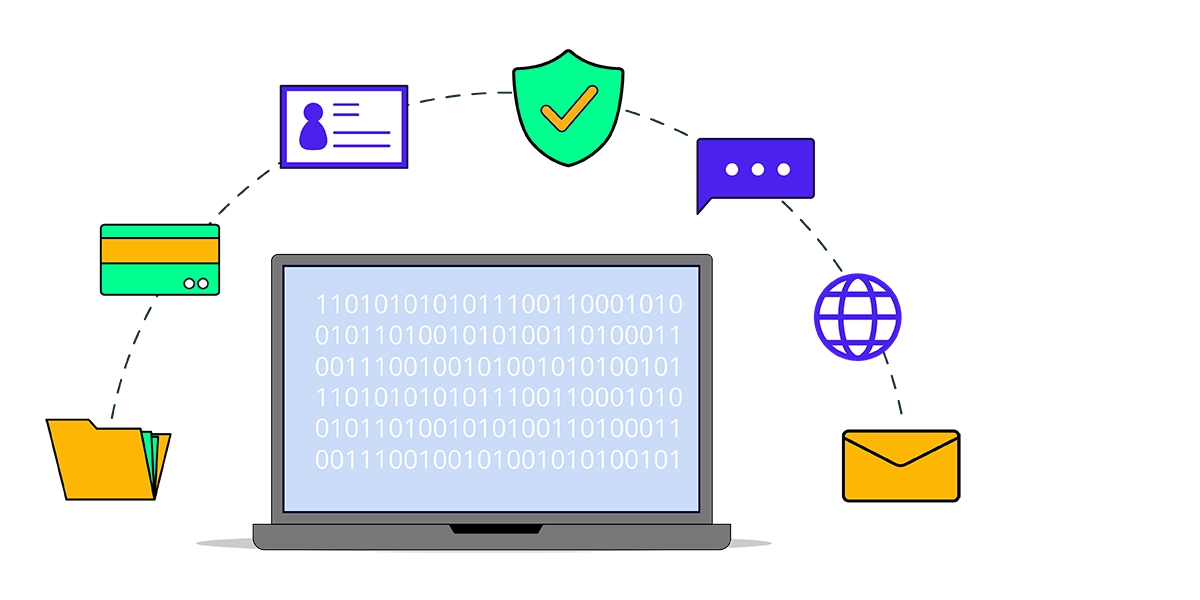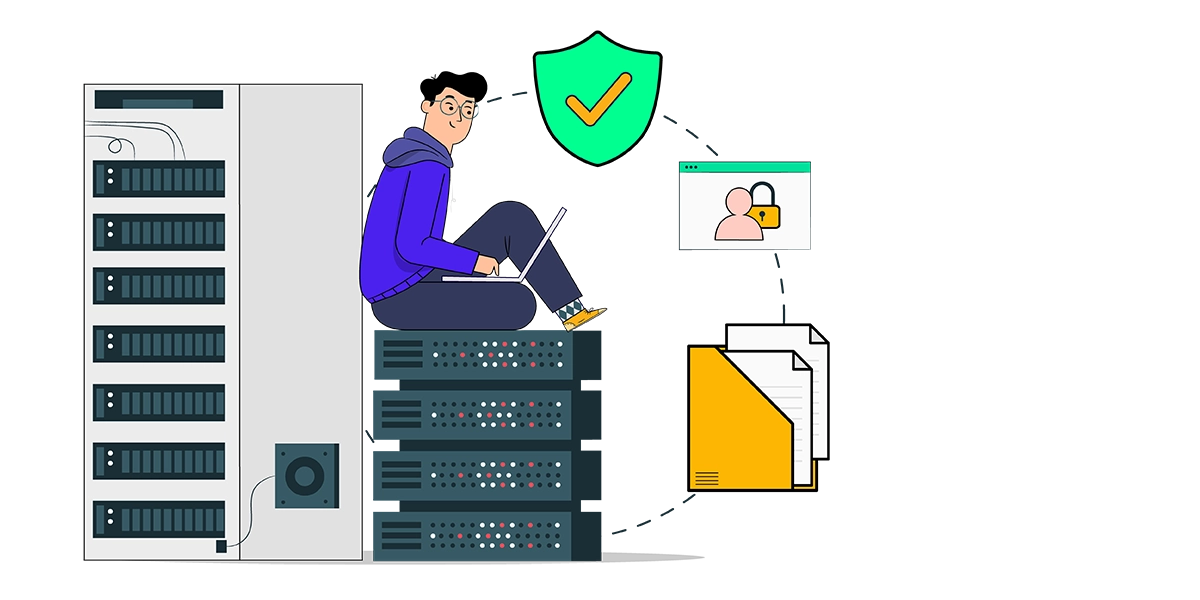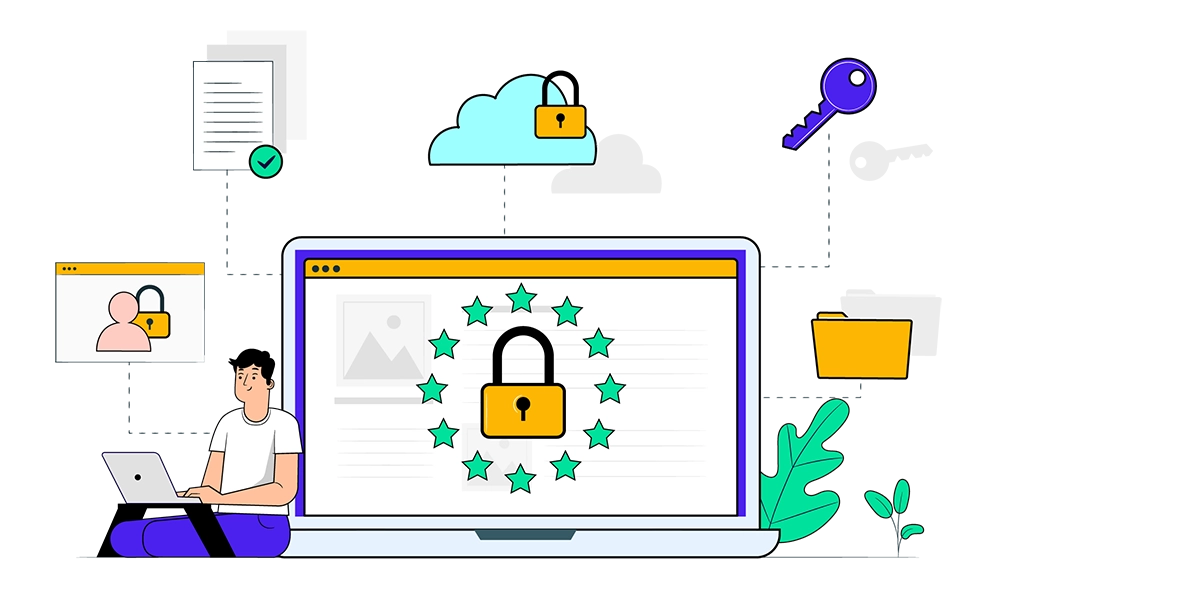Quantum computing represents one of the most exciting technological advancements of our time, promising to…

Digital Footprints: The information we leave online and how to manage it
Every time we use the internet, we leave behind digital footprints of our activities, much like dropping a breadcrumb trail to find our way back in the forest. From social media posts to online purchases, every interaction is stored in various locations. Websites, apps, search engines, and data centres capture and keep this ‘breadcrumb’ data trail. It reveals interests, habits, opinions and even our location, which is potentially available for various entities to access and analyse.
Our digital footprint can influence everything from job opportunities to personal relationships. Let’s explore the potential effects and how you can take control of your online privacy protection.
The tools of Data Collection
Websites and apps use tools like cookies, tracking pixels and other technologies to gather information about us. Social media platforms also collect vast amounts of data which they can sell. Companies mostly use this information for targeted advertising, but they can also sell it to data brokers.
Data brokers are in the business of creating detailed profiles based on a person’s online behaviour. It’s sold to other businesses for various purposes, including marketing, insurance, and pre-employment screening.
Our life revealed online
Understanding the potential effects of digital footprints is important for protecting our personal and professional reputation. Comments or posts perceived as negative can damage our credibility, while a balanced online presence can enhance our professional image for work and business opportunities.
Cybercriminals can sell or misuse valuable personal information and sensitive data captured online, such as selling it on the dark web to exploit people and commit identity fraud. Cybercriminals use stolen information to open new accounts, make purchases, and even commit crimes in someone else’s name. The consequences can be devastating, including financial loss, damaged credit score, and the emotional distress of proving your innocence and restoring your reputation.
You should be aware that others might make assumptions based on your online presence and take steps to protect information you prefer to keep private. Employers, landlords, and even insurance companies may look into people to assess their character or suitability, which does raise concerns about discrimination based on factors like race, religion, or age.
A simple Google search of your name is a great starting point to see what information is publicly available about you. You can also:
- Search review sites or industry-specific review sites for feedback about you or businesses you’re associated with
- Review your social media account privacy settings and ensure any public content represents with your desired image
- Explore online communities and forums like Reddit, Quora, or niche forums where your name or interests might be mentioned.
Taking ownership of your Digital Life
Since our lives have become almost unavoidably digital, creating diligent habits around protecting our online activities is essential.
Digital footprint checkers, both free and paid, are available to help you assess your online exposure. Tools like Digital Footprint Check can scan the internet to determine what information about you is publicly visible and offer guidance on minimising your digital footprint.
Here are a few things we should all be doing as standard practices:
- Review and adjust privacy settings on social media platforms and other online accounts to limit the publicly available information
- Be mindful of the information you share online and take regular breaks from social media to reduce your digital footprint
- Check your browser’s privacy settings, you can turn off certain tracking technologies accessing browsing information
- Install Sapher’s proactive cyber security browser extension which will alert you to fraudulent sites and malicious links
- Create strong passwords and use two-factor authentication whenever possible
- Ensure your antivirus software is up to date
- Use a VPN to encrypt your online activity and keep your location hidden.
Helping everyone better understand personal cybersecurity
Your data is an asset. Protect it like you would any other valuable possession. Take the first step towards proactive cyber defence with the Sapher browser extension.
Learn more about our comprehensive protection and start your free trial.


